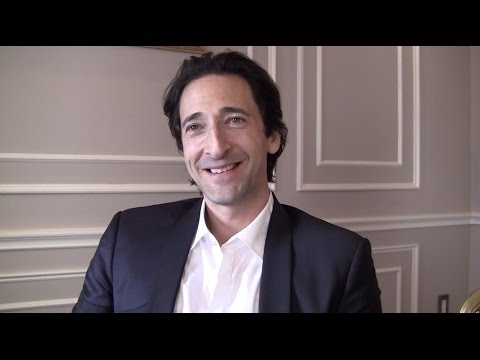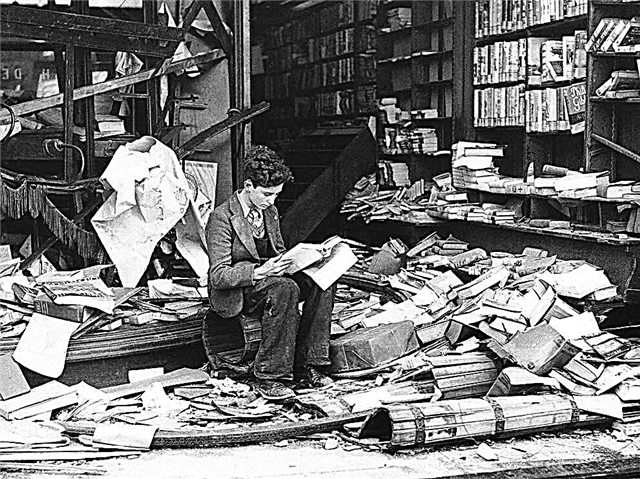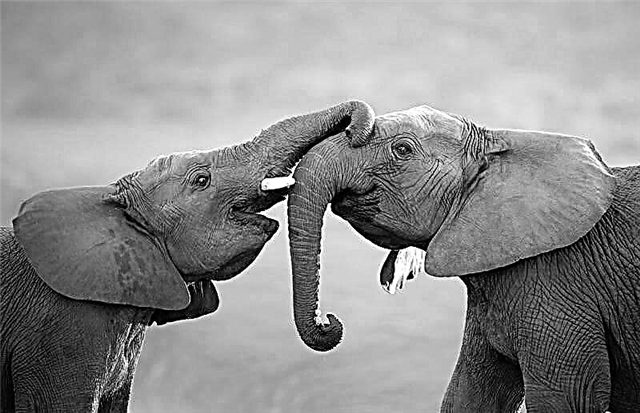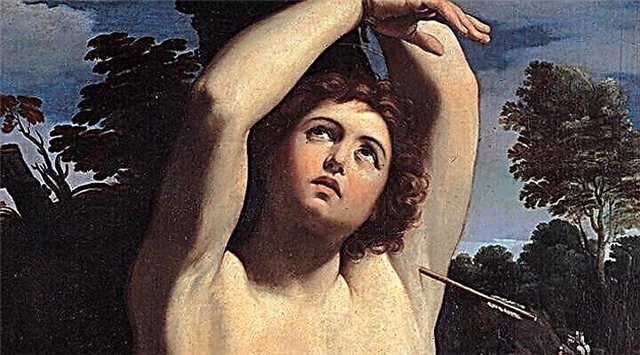(287 words) Russian nature is an inexhaustible source of inspiration for poets. I think each of them, without exception, at least a line, at least a word - but dedicated to our Motherland. And her image in the lyrics of Russian poets is something whole, alive - as if we are reading poems for someone's beloved woman. It so happened historically - our country is called long-suffering: let it be tired of raids and misfortunes, but proud and beautiful. And nature personifies her Russian character.
For example, A. Blok in his poems compared the nature of Russia with a mysterious beauty, presenting it to the reader as a living person, and forests, rivers and swamps as elements of her clothes ... The poet idolizes our country and its features, collecting in a quatrain a whole bunch of images - from cranes and fields to the muddy gaze of the sorcerer. And in the poem of another poet, S. A. Yesenin, “Goy you, my dear Russia ...” you can discern the love and love of freedom with which the author endowed Russia, its nature and everything that is connected with the Russian soul.
Lines about the city of Pavlovsk were written by A. Akhmatova in 1915. A shady and languid meadow, a cast-iron gate, a blissful trembling, each image of a poem is an important detail of one large picture of the poetess's presentation of Russian nature. Another silver-age poet, Vladimir Mayakovsky, who was remembered by us playing the nocturne on the drainpipes, admires the world around him in his poem “Heavenly Attic”, talking about the sparkling rainbow and the charms of Russian nature. Without changing his style, the author engraved every word, filled with vivid imagery and painting the landscapes of Russia to the reader.
It does not matter what time the poet lived, who he was, what gender, age, regardless of the style in which he wrote - if it was a poet with a Russian soul - then he could not express his love for the nature of Russia. And we can not only go out of town and look around, sharing the feelings of the authors, but also see these images, sitting at a dusty stop and reading a collection of someone’s poems.












